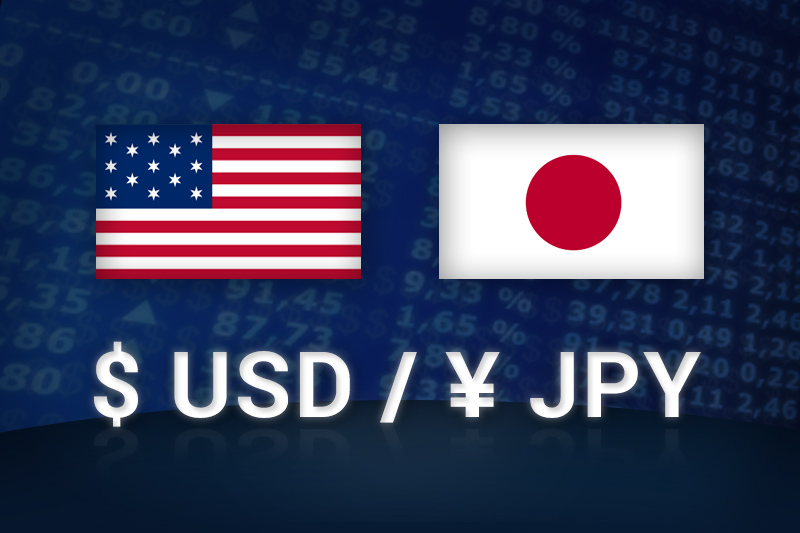Investing.com’s stocks of the week
Investing.com - The U.S. dollar edged higher against the yen on Thursday, as safe haven demand remained supported by concerns over political turmoil in Greece and the possibility the country may exit the euro zone, while comments by the Bank of Japan mildly weighed on the yen.
USD/JPY hit 79.77 during early European trade, the daily high; the pair subsequently consolidated at 79.77, edging up 0.14%.
The pair was likely to find short term support at 79.35, the low of February 20 and resistance at 80.07, the high of May 8.
Market sentiment was hit after Alexis Tsipras, the head of Greece’s second-biggest party Syriza, gave up his attempt to form a new government on Wednesday, putting Greek Socialist leader Evangelos Venizelos in a position to make a last-ditch attempt to form a government on Thursday.
But chances of any deal on a coalition government looked slim after two failed attempts, making new elections in three to four weeks the most likely outcome and fueling fears that Greece will not have a government in place in time to secure its next tranche of international aid next month.
Meanwhile, the yen came under mild pressure after Bank of Japan policymaker Sayuri Shirai said earlier that the central bank will not rule out any policy options to deal with Japan’s current economic outlook.
The BOJ boosted asset purchases by JPY10 trillion yen in April, its second monetary easing in just over two months, in a move seen aimed at convincing impatient politicians and investors of its resolve to pull Japan out of deflation.
Also Thursday, government data showed that Japan’s current account rose more-than-expected in March, adding JPY0.79 trillion and posting a surplus for a second straight month following a JPY0.86 trillion increase in February.
Elsewhere, the yen was lower against the euro with EUR/JPY adding 0.44%, to hit 103.42.
Later in the day, the U.S. was to release official data on trade balance, followed by government reports on unemployment claims and import prices. Federal Reserve Chairman Ben Bernanke was also due to speak.
USD/JPY hit 79.77 during early European trade, the daily high; the pair subsequently consolidated at 79.77, edging up 0.14%.
The pair was likely to find short term support at 79.35, the low of February 20 and resistance at 80.07, the high of May 8.
Market sentiment was hit after Alexis Tsipras, the head of Greece’s second-biggest party Syriza, gave up his attempt to form a new government on Wednesday, putting Greek Socialist leader Evangelos Venizelos in a position to make a last-ditch attempt to form a government on Thursday.
But chances of any deal on a coalition government looked slim after two failed attempts, making new elections in three to four weeks the most likely outcome and fueling fears that Greece will not have a government in place in time to secure its next tranche of international aid next month.
Meanwhile, the yen came under mild pressure after Bank of Japan policymaker Sayuri Shirai said earlier that the central bank will not rule out any policy options to deal with Japan’s current economic outlook.
The BOJ boosted asset purchases by JPY10 trillion yen in April, its second monetary easing in just over two months, in a move seen aimed at convincing impatient politicians and investors of its resolve to pull Japan out of deflation.
Also Thursday, government data showed that Japan’s current account rose more-than-expected in March, adding JPY0.79 trillion and posting a surplus for a second straight month following a JPY0.86 trillion increase in February.
Elsewhere, the yen was lower against the euro with EUR/JPY adding 0.44%, to hit 103.42.
Later in the day, the U.S. was to release official data on trade balance, followed by government reports on unemployment claims and import prices. Federal Reserve Chairman Ben Bernanke was also due to speak.
